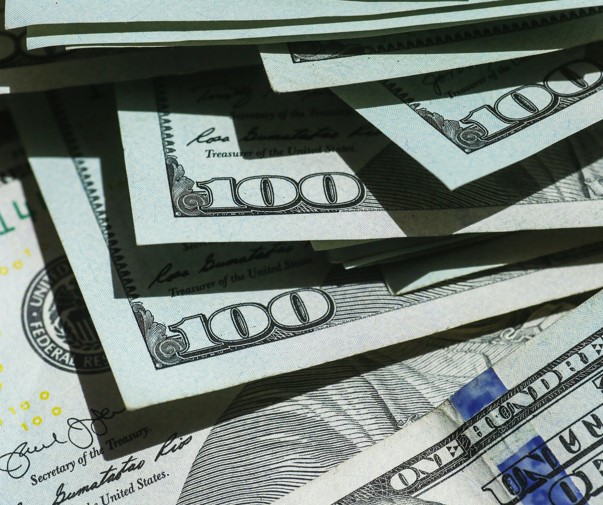The unequal distribution of wealth in the world has paved the way for global economic inequality. For every millionaire, a handful of poor people struggle to make ends meet. This disparity of wealth is certainly not new. It rises and inflates, especially in countries with a volatile government.
Economic inequality is determined by not just the professional position of an individual but various other factors. Monetarily privileged individuals can navigate more effectively during an economic crisis than someone who is not. Let’s learn more about economic inequality here!
Table of Contents
What is economic inequality?
Economic inequality can be termed as a discrepancy among people’s wealth and incomes. According to Forbes, there are about 2,755 billionaires in the world. The World Bank’s research says that 711 million people globally make a living with less than $ 1.90$ a day.
If this statistic is compared to the 1990s, it can be viewed as a huge improvement. Back then, people who lived in poverty were counted to be at least 1.9 billion, and billionaires were just 269.
Economic inequality often arises from social and political fluctuations in a country. A study suggests that when economic inequality is greater, it restricts economic growth. This issue is often credited to various factors, some towards capitalism and others blaming government instability.
Economic inequality has seen a lot of growth after the Covid-19 pandemic. But before that, the situation wasn’t any better. According to the Census Bureau, the United States encountered the highest economic inequality in 2018.
People experience housing shortages and shortage of money daily due to underpaying jobs. It is important to question the factors which are responsible for economic inequality. Let us learn about it in the next section.
Factors responsible for economic inequality
As stated previously, there are many factors that influence economic inequality from the sex of an individual to ethnic background. Numerous factors come into play. Here are some of them:
1. Gender
Gender has always played a pivotal role in our history. Women often being the oppressed side of it all. This context remains the same here as well. Jobs conventionally associated with women tend to be underpaid and undervalued. So, economic inequality arises from this factor as well. But the best part is that the situation has seen an improvement in the recent past.
Read also: Gender pay gap: what is the situation worldwide and what are the factors contributing to it
2. Ethnic background
Disparities in employment opportunities are influenced by racial discrimination and systemic racism in many countries. Ethnic groups who often face unfair polices and practices in education and industrial sectors often are victims who are forced to stay in poverty, hence encouraging economic inequality.
3. Globalization and technology
Technology has seen a lot of progress over the last few years. While many skilled workers have benefitted from it, low-skilled employees often are the victims of job displacement. This, in turn, leads to an income gap, which contributes to economic inequality.
4. Education
Education is not something everyone in all countries has the privilege to access. In developing and developed nations, people may easily get the chance to get a college education. But that is not the case for undeveloped countries.
This disparity often leads to financial inequality, where different skills are acquired. While some of these skills qualify for a white-collar job, others can just be minimal enough to help them work in an underpaying job.
How do we measure economic inequality
There are an abundance of formulas and ways that help one to measure economic inequality. Policymakers and economists have invented many ways that can accurately calculate financial inequality. Here are some of them:
1. Ratio measures
It compares how many individuals at a certain income distribution have compared to individuals with another income level. The 20:20 ratio helps one understand how wealthy the top 20% of the rich people are compared to the last 20% of the people. Other examples include 90:10, this ratio emulates the economic inequality between the top and the bottom.
2. Palma ration
The ratio measures the income share of the top 10 percent compared to that of the bottom 40 percent. In equal societies, this ratio will often be one or below one. This means the top 10 percent does not possess a larger chunk of income than the bottom 40 percent. International development discourse often uses the Palma ratio.
3. Gini Coefficient
Instead of just comparing the two income groups, Gini Coefficient gauges the financial inequality across society or region. Here if the maxim inequality is achieved, that is, if all the income goes to a single person while the rest gets nothing, the Gini Coefficient would be 1 and vice-versa. The US has scored 0.38 here.
How to combat economic inequality?
Combating financial inequality in its totality would mean everyone in the world must come together to facilitate and coordinate.
They would need to find solutions to the pressing issues and help encourage educational reforms and progressive taxation, as well as change the policies in the labor market to ensure everyone gets fair wages.
International cooperation is a must if one desires to see a society that is not diseased by a stunted economy and unequal distribution of wealth.
Read more: Reducing education inequality worldwide: 5 possible solutions












